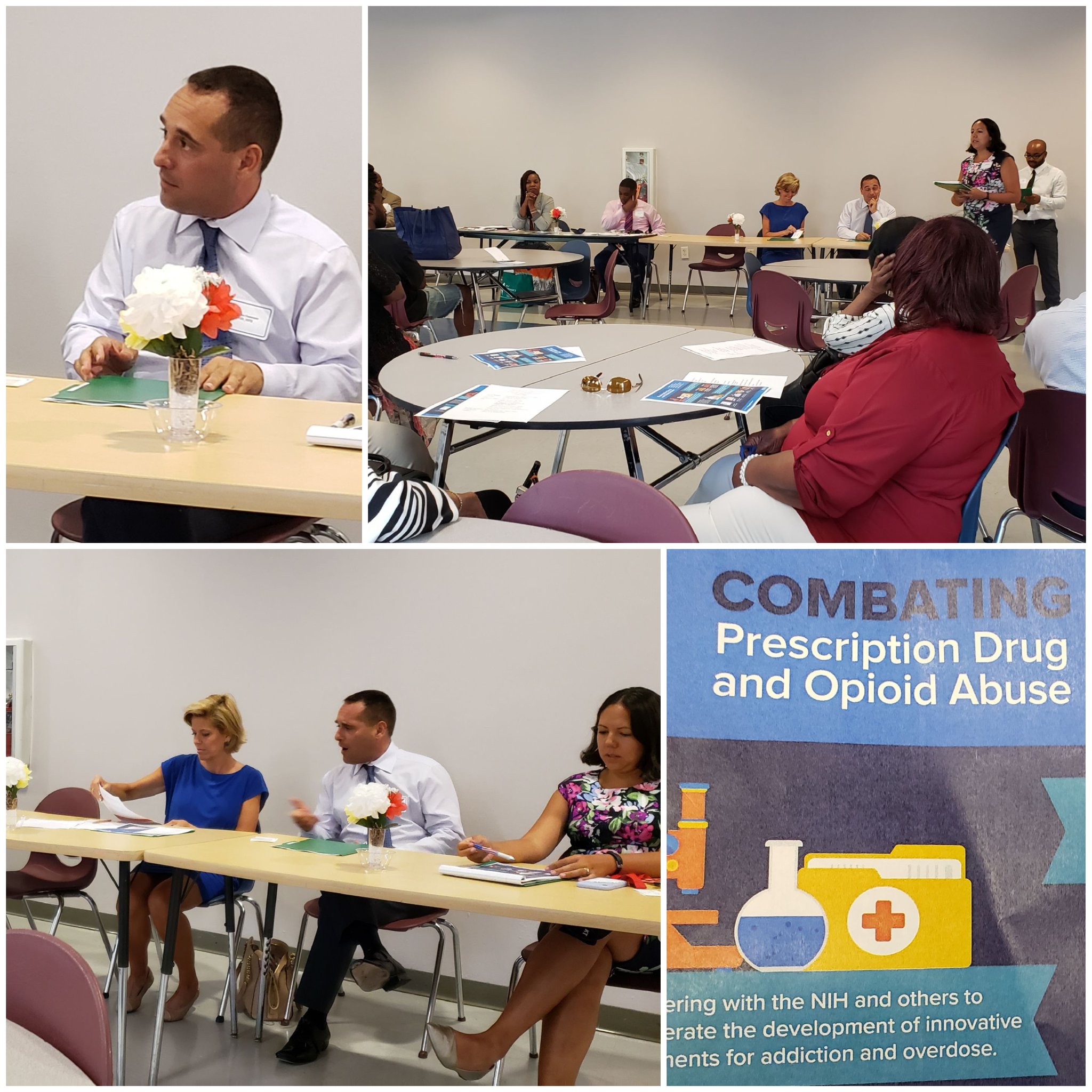Opioid Policies

Much like the rest of the United States, residents of the District of Columbia are struggling with substance use disorder (SUD) rate increases and high rates of opioid-related deaths. Unfortunately, these are multi-faceted issues that require year-long initiatives and systematic programs to address the myriad causes of addiction.
MSDC stands as a partner to the District government and private entities to help arrest the rates of opioid and substance abuse in the District. Through our advocacy for better prescribing practices, education on addiction, and even helping our own community through our Physician Health Program, MSDC is working to make DC a leader in reducing SUD, OUD, and addiction.
On a related note, MSDC is passionate about helping patients make prescriptions and medication more affordable. Whether expanding access to biosimilars or advocating for more affordable co-pays, MSDC wants to help our patients afford the medications they need.
MSDC Statement and Testimony on Opioid and Prescription Issues
25th Council information coming soon
What to know about DC and the 2024 election
Locally, the 2024 election is over. The implications, however, are just beginning.
MSDC staff are analyzing the results of the national and local elections, and while there is still much we do not know, there are still some things that are clear the day after this election.
DC elections
- The DC Council members up for reelection all won: Robert White (at large), Christina Henderson (at large), Brooke Pinto (Ward 2), Janeese Lewis-George (Ward 4), and Trayon White (Ward 8). In Ward 7, Wendell Felder won the election to replace MSDC award winner Vincent Gray.
- Councilmember Gray would vacate the Hospital and Health Equity Committee Chairmanship in the next Council. However, the committee may go away with Gray stepping away from the Council. Council Chair Phil Mendelson will announce in the coming weeks the committee structure for 2025-2026 which will include Chairs and committee jurisdictions. Committee on Health Chair Christina Henderson should continue having oversight of the health realm.
National elections
- Congress oversees the District through two committees: Senate Committee on Homeland Security and Governmental Affairs, and House Committee on Oversight and Accountability. The Senate Committee's subcommittee of jurisdiction is Oversight of Government Management.
- NB there will be changes as members of Congress move around due to seniority and as other committee positions come available. But based on what we know, here are the players in Congress that could oversee DC affairs.
- The Senate will be controlled by Republicans. The current Homeland Security Ranking Member (presumed Chair) is Rand Paul (KY) and subcommittee ranking member is James Lankford (OK). Senator Paul trained as an ophthalmologist but has fought many of the health policies of the Biden Administration.
- The House majority is still up in the air. The Chair of the Oversight Committee is James Comer (KY) and the ranking member is Jamie Raskin (Maryland). DC Delegate Eleanor Holmes Norton serves on the committee and 119th Congress rules could determine how active she could be.
How national election results can influence DC medicine
- Congress has a required review period for all District laws passed into law. Congress or the relevant committees can hold a vote to override a law before it goes into effect - this requires a majority in both chambers and the president signing the override bill. This means any bill passed by the Council, if it catches the eye of the Congressional majority or president, could be subject to review.
- As many know, the appropriations process allows the federal government to place restrictions or permissions for executing DC law. Long-time political people know that abortion riders and marijuana riders restricting how the District can implement policy in these areas are common. In the current Congress, proposed riders expanded to include things as mundane as no turn on red light laws. The new Congress could expand riders to prohibit DC government money from being spent on numerous health policies.
Want to learn more, stay engaged in this conversation, or be proactive on health policy in the District? Join the MSDC Advocacy Committee - our next call is tonight at 6pm. Contact Robert Hay at hay@msdc.org to learn more.
Sample of Legislation MSDC Tracked on Opioid and Prescription Policy
What does it do? The bill authorizes licensed pahrmacists to dispense interchangeable biological products and requires notifications to physicians when such interchangeables are dispensed.
MSDC position: MSDC has a position of priority support on this legislation, identifying its passage as one of its highest legislative priorities.
Current status: SUCCESS. The bill was passed by the Council and signed by the Mayor.
What does it do? The bill requires prescription opioid medications to include a statement that the drug is an opioid and opioids may cause dependence, addiction, or overdoes.
MSDC position: MSDC supports the legislation.
Current status: The bill had a hearing before the Committee on Health on July 29, 2020. MSDC leader Dr. Sam Kareff testified for the Medical Society. It passed the Council on November 10 and was signed by the Mayor December 7.
What does it do? The bill prohibits insurance companies from factoring the use of PreP in decisions related to disability, life, or long-term care policies.
MSDC position: MSDC supports this legislation
Current status: The bill was introduced on January 8, 2019 and assigned to the Committee on Business and Economic Development.
